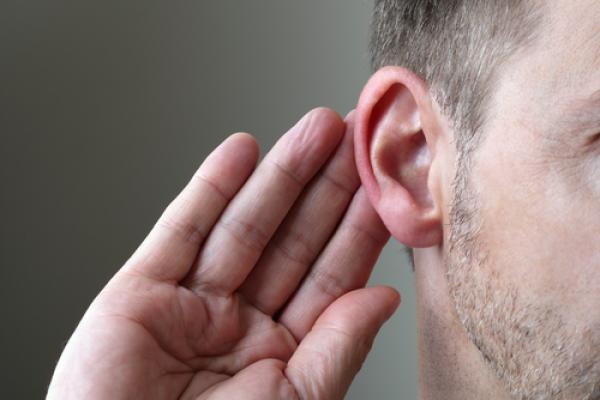The impact of Citizens United v. Federal Election Commission (2010) is experienced with increased intensity as we approach Election Day. Since the U.S. Supreme Court ruled that corporations and unions have a First Amendment right to independent political expenditures, certain portions of the Bipartisan Campaign Reform Act were reversed.
As a result, the voices surrounding political campaigns have risen in strength and size. And so, while a variety of viewpoints exist on the consequences of Citizens United, most agree that it has dramatically altered the culture of U.S. politics, and has thus sparked major discussion on the reach and limits of freedom of speech.
Due to the ramifications of Citizens United, we should indeed recognize and critique the role that freedom of speech holds within a mature democracy. However, as we focus on free speech, the time has come to also consider the contributions of its equally important companion, the responsibility to listen. In other words, as we ponder the primary ingredients of a healthy society, the delicate balance between freedom of speech and the responsibility to listen should be held as a critical priority.
Read the Full Article

